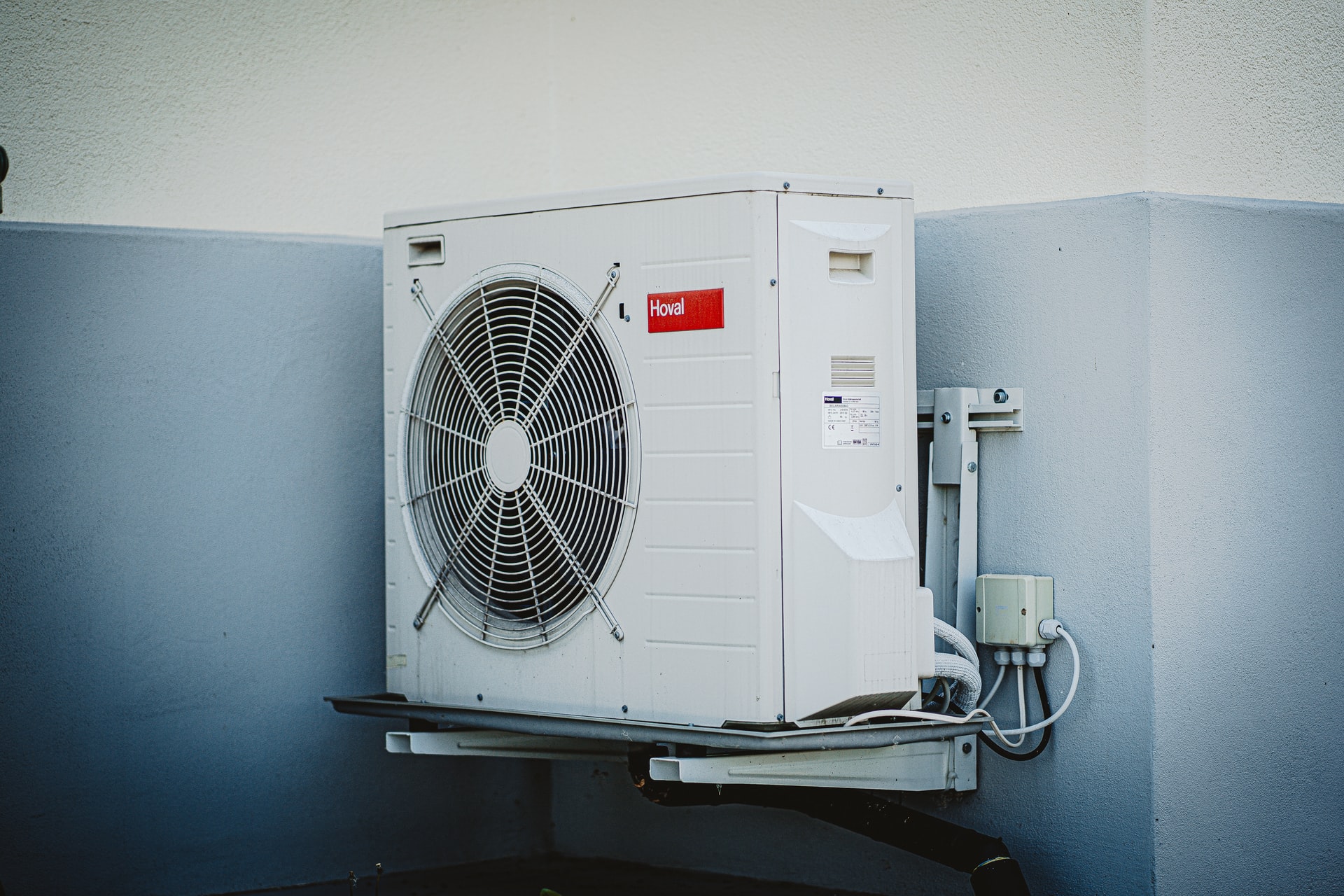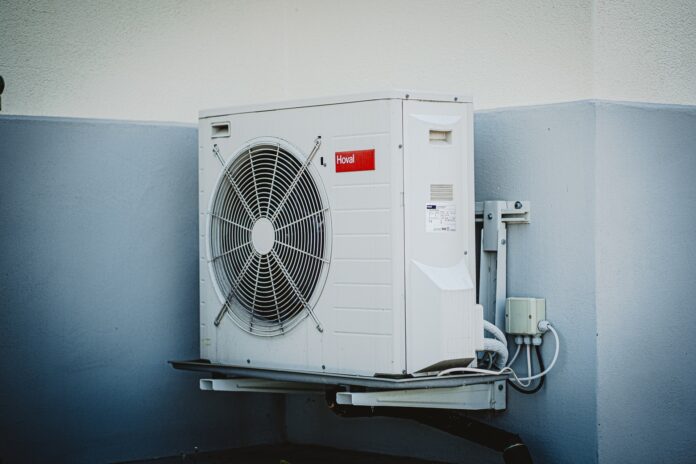The summer heat can sometimes be fierce. It is currently summer, and you are just getting by in the warm weather thanks to your AC unit. It is at such times that you dread anything happening to your AC unit since you cannot imagine living without it.
If you are the kind of person who opts to fix things on your own, this blog is for you. This post aims at educating you on what a capacitor is and how to diagnose if it is not working as required. However, for the best results, consider contacting your HVAC contractor in case of problems with your AC or help with an HVAC installation.

Before you start working on it, always remember to check if your AC unit is off. Ensure that the power is off to avoid electrocution and other potential hazards that exist while working on an AC. Okay, if your AC unit is off, you are good to go.
Here is all you need to know about the capacitor in your AC unit and the most common signs of a failing capacitor.
What is a capacitor in an AC unit?
The AC’s capacitor is a small cylindrical object that exists in the motor of your AC unit. The capacitor is in charge of powering your motor, which in turn powers your AC. It is the capacitor that initially boosts your AC unit and gives it the necessary power to keep it running.
Your AC’s capacitor is a real workhorse, and it is not prone to malfunctioning. However, when it does, your AC unit will not function as it is required. If you are unsure of what exactly is the problem with your AC unit, here are six ways to know if the capacitor is the problem.
Six signs of a bad capacitor in an AC unit
There are many HVAC problems that you can solve with a quick DIY fix or repair. However, if the capacitor is the problem, it is recommended that you contact a professional. But how can you tell if the capacitor in your AC is failing? Here are some of the signs to look out for.
1. AC not producing cool air.
One of the signs that you will immediately notice is the AC unit not producing cool air. If you are experiencing this problem, try switching your AC off and on again. If the problem persists, contact your HVAC contractor.
2. Spiking energy bills.
When you notice a spike in your energy bills, a faulty capacitor may be the cause. When your AC’s capacitor is defective, the system works extra hard to perform its job, causing a spike in energy use.
3. A humming sound.
You can identify a failing capacitor by a humming sound produced by the AC unit.
4. AC keeps turning off.
When something is wrong with your Ac’s capacitor, the AC will keep shutting off on its own. As aforementioned, the capacitor is what powers the motor, which runs the AC. Thus, if it is faulty, then the AC faces power issues.
5. AC is hesitant to start.
If you notice that your AC takes a while before it starts, then there might be something wrong with your capacitor.
6. AC is failing to start.
When your AC fails to start completely, check your capacitor, it is likely the culprit.
See also: Some Useful Tips for Buying an Ice Machine
Testing your AC capacitor
If you have seen the above signs with your AC, there is a simple way of testing your capacitor. What you will be looking for is if the capacitor is producing any charge. For this, you will need a multimeter.
Find the condenser unit of your HVAC system and access its capacitor through the side panel. Test it for the charge using the multimeter, and if it is not producing any charge, replace it.
However, these steps might not be as straightforward as they seem for some of you. If that is the case, contact your HVAC contractor for a quick and effective fix.





















